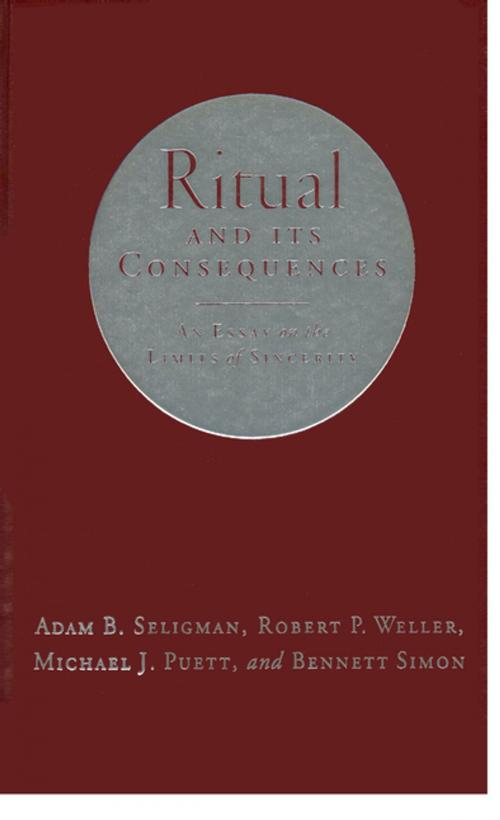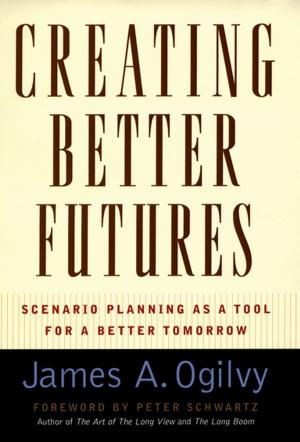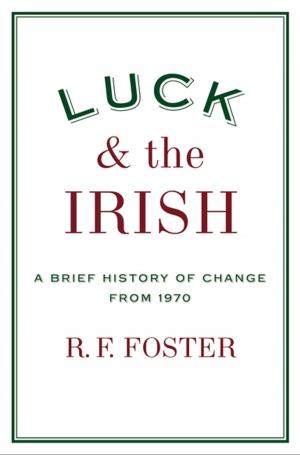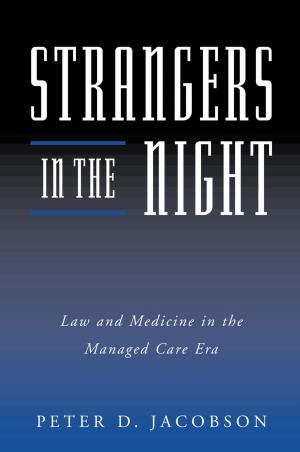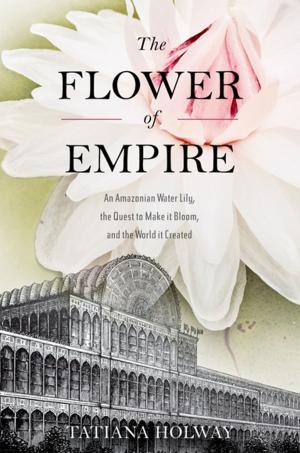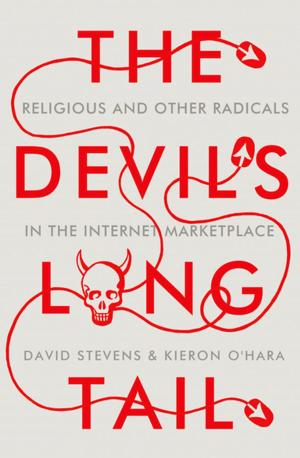Ritual and Its Consequences
An Essay on the Limits of Sincerity
Nonfiction, Social & Cultural Studies, Social Science, Sociology, Marriage & Family, Religion & Spirituality, Reference, Comparative Religion, Anthropology| Author: | Adam B. Seligman, Robert P. Weller, Michael J, Simon | ISBN: | 9780199887415 |
| Publisher: | Oxford University Press | Publication: | March 24, 2008 |
| Imprint: | Oxford University Press | Language: | English |
| Author: | Adam B. Seligman, Robert P. Weller, Michael J, Simon |
| ISBN: | 9780199887415 |
| Publisher: | Oxford University Press |
| Publication: | March 24, 2008 |
| Imprint: | Oxford University Press |
| Language: | English |
This pioneering, interdisciplinary work shows how rituals allow us to live in a perennially imperfect world. Drawing on a variety of cultural settings, the authors utilize psychoanalytic and anthropological perspectives to describe how ritual--like play--creates "as if" worlds, rooted in the imaginative capacity of the human mind to create a subjunctive universe. The ability to cross between imagined worlds is central to the human capacity for empathy. Ritual, they claim, defines the boundaries of these imagined worlds, including those of empathy and other realms of human creativity, such as music, architecture and literature. The authors juxtapose this ritual orientation to a "sincere" search for unity and wholeness. The sincere world sees fragmentation and incoherence as signs of inauthenticity that must be overcome. Our modern world has accepted the sincere viewpoint at the expense of ritual, dismissing ritual as mere convention. In response, the authors show how the conventions of ritual allow us to live together in a broken world. Ritual is work, endless work. But it is among the most important things that we humans do.
This pioneering, interdisciplinary work shows how rituals allow us to live in a perennially imperfect world. Drawing on a variety of cultural settings, the authors utilize psychoanalytic and anthropological perspectives to describe how ritual--like play--creates "as if" worlds, rooted in the imaginative capacity of the human mind to create a subjunctive universe. The ability to cross between imagined worlds is central to the human capacity for empathy. Ritual, they claim, defines the boundaries of these imagined worlds, including those of empathy and other realms of human creativity, such as music, architecture and literature. The authors juxtapose this ritual orientation to a "sincere" search for unity and wholeness. The sincere world sees fragmentation and incoherence as signs of inauthenticity that must be overcome. Our modern world has accepted the sincere viewpoint at the expense of ritual, dismissing ritual as mere convention. In response, the authors show how the conventions of ritual allow us to live together in a broken world. Ritual is work, endless work. But it is among the most important things that we humans do.
